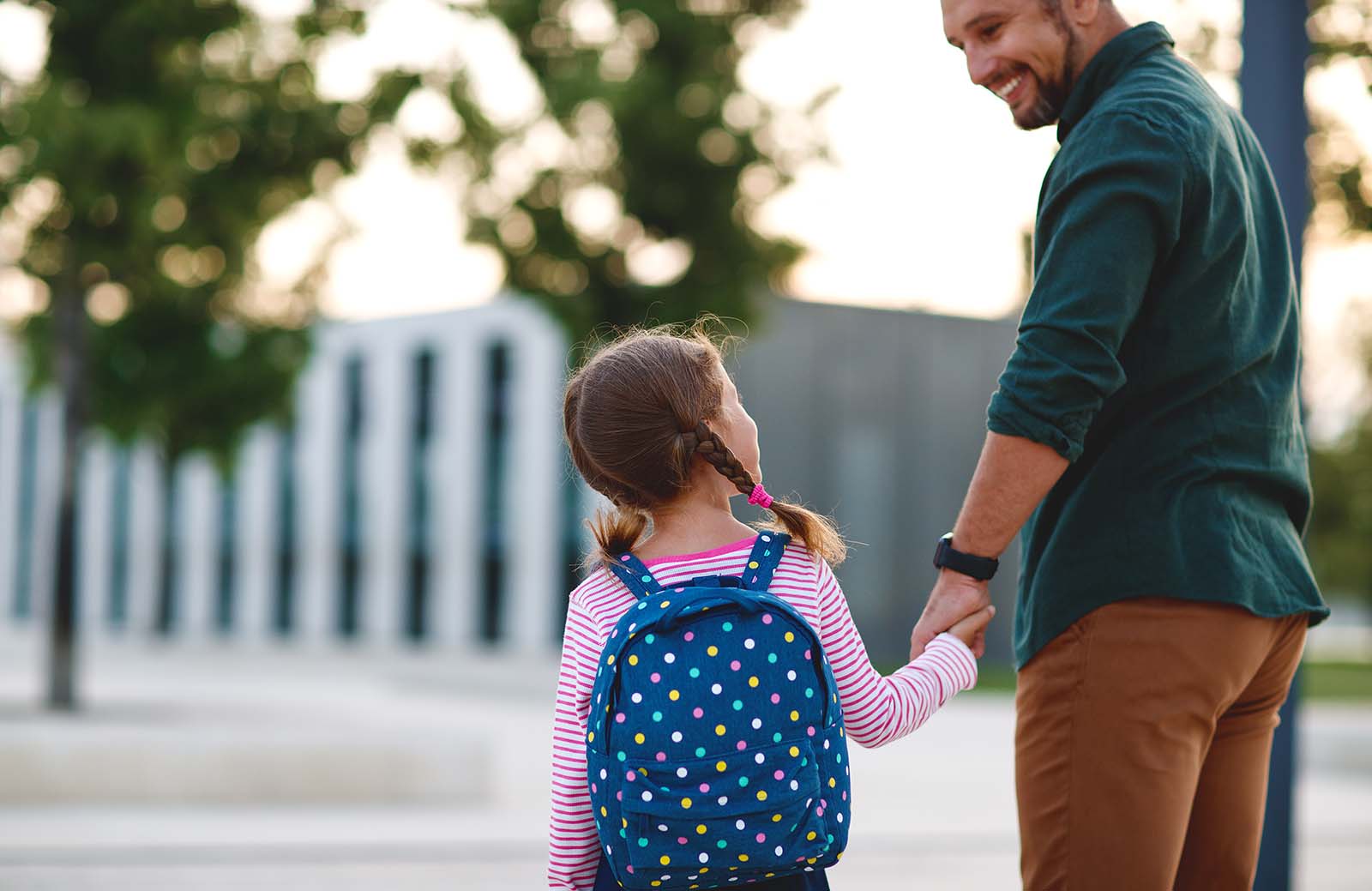Positive Affirmations to Boost Your Child’s Self-Esteem
January 24, 2023
There are lots of feelings that come with being a kid. Our little ones are changing and growing all the time and in so many ways. They’re processing new emotions they’ve never felt before and navigating situations they have no experience with. Positive affirmations can bolster a child’s self-esteem while helping them combat negative thoughts and feelings. There are so many benefits to explore. Let’s dive into what positive affirmations are and how they can help your child thrive.
Benefits of Positive Affirmations
Everyone has statements in their head that they tell themselves repeatedly, whether true or not. Our thoughts about ourselves and others shape our behavior and influence our decisions. So, it’s easy to see how positive thinking can produce more positive outcomes.
What Are Positive Affirmations for Kids?
Positive affirmations can be a powerful tool for changing our child’s moods and outlooks. Whether we realize it or not, our words carry much weight and influence our thoughts and attitudes. They can build or tear us up, making or breaking relationships. That’s why teaching our little ones to speak and think positively is so important.
Positive Affirmations for Self-Esteem
- I am confident and brave.
- I am important and special.
- I am proud of myself and my accomplishments.
- Mistakes help me learn and grow.
- I am a problem-solver.
- I go after my dreams.
Positive Affirmations for Motivation
- I will do great things today.
- I am strong enough to complete this task.
- My brain and body are powerful.
- I can do anything I set my mind to.
- I can do hard things.
Positive Affirmations for Self-Love
- I am worthy of love.
- My body is beautiful and strong.
- I have good friends who love me.
- Today, I will be kind to myself.
- I have great ideas.
- I can ask for help when I need it.
Positive affirmations can be incredibly beneficial in the heat of the moment when we’re feeling angry, upset, or anxious. And for your child, these affirmations can support them when they face challenges at home, in the classroom, and even later in life.



